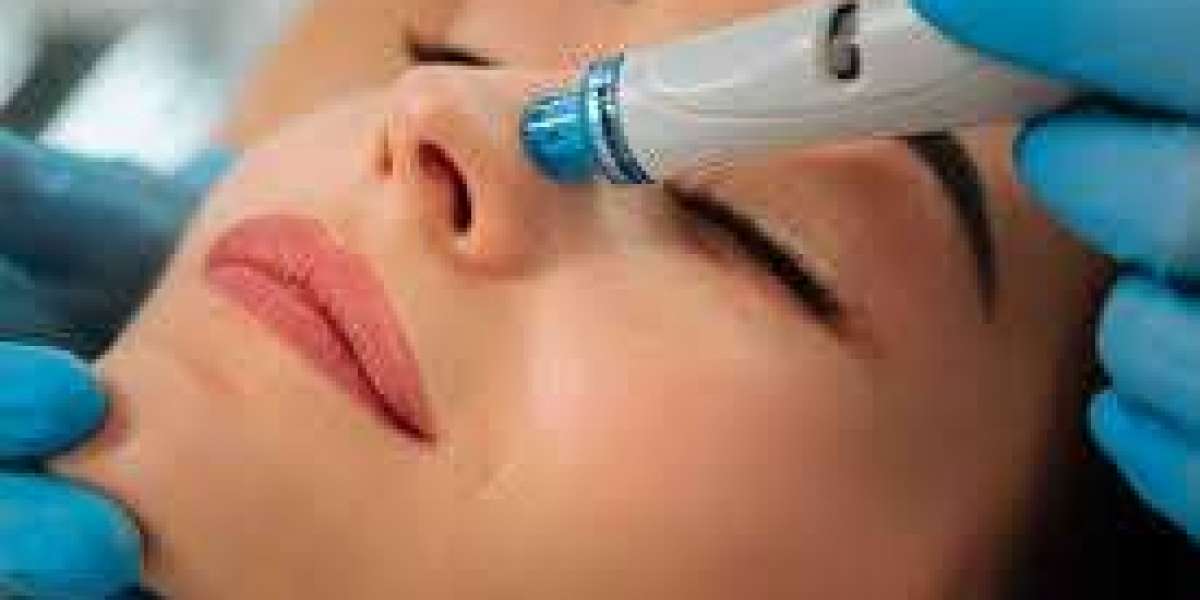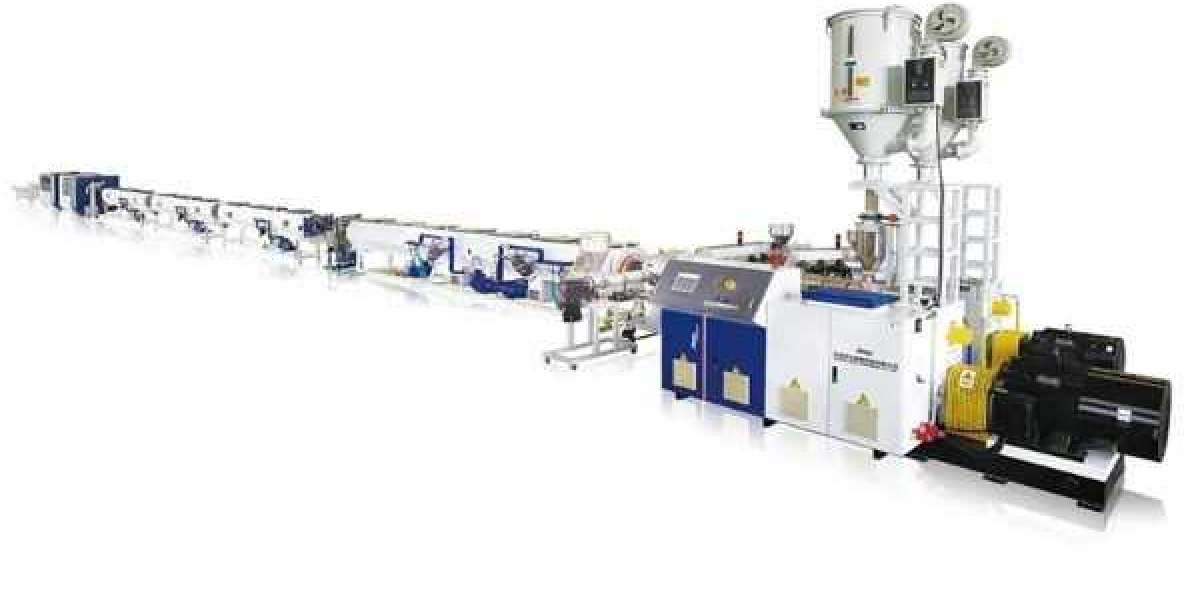Introduction
Facial aesthetics treatments have gained popularity as effective methods to enhance one's appearance. Whether opting for non-surgical procedures or more advanced surgical options, individuals seek these treatments to address various aesthetic concerns and achieve a rejuvenated look.
Non-Surgical Treatments
Botulinum Toxin Injections
Botulinum toxin injections, commonly referred to as Botox, are widely used to reduce the appearance of wrinkles and fine lines by temporarily paralyzing facial muscles. This treatment is particularly effective for smoothing forehead lines, crow's feet, and frown lines between the eyebrows. The procedure is minimally invasive, typically taking only a few minutes, and results can last for several months.
Dermal Fillers
Dermal fillers are injectable substances designed to add volume and fullness to areas of the face that have lost elasticity and collagen over time. They are used to soften facial creases and wrinkles, enhance shallow contours, plump up lips, and improve the appearance of recessed scars. Various types of fillers are available, each with unique properties suited for different facial areas and aesthetic goals. Results are visible immediately after treatment and can last from six months to two years, depending on the type of filler used.
Surgical Options
Facelift Procedures
A facelift, or rhytidectomy, is a surgical procedure aimed at reducing visible signs of aging in the face and neck. It involves tightening the underlying muscles, removing excess fat, and repositioning the skin to create a smoother, more youthful appearance. Facelifts can address sagging skin, deep creases, and jowls, providing long-lasting results. Recovery time varies but generally involves swelling and bruising that subsides within a few weeks. Full results become apparent as the healing process progresses.
Rhinoplasty (Nose Job)
Rhinoplasty is a surgical procedure performed to reshape the nose for cosmetic or functional purposes. It can address issues such as a nasal hump, nasal tip refinement, or correction of nasal asymmetry. The procedure involves making incisions inside the nostrils or across the base of the nose, allowing the surgeon to access the bone and cartilage to reshape as needed. Recovery from rhinoplasty typically involves wearing a nasal splint for about a week and avoiding strenuous activities for several weeks to facilitate proper healing.
Advanced Treatments
Laser Skin Resurfacing
Laser skin resurfacing utilizes concentrated beams of light to improve skin tone, texture, and appearance. It is effective in reducing wrinkles, scars, age spots, and other skin irregularities by removing layers of damaged skin and stimulating collagen production. The treatment can be tailored to address specific concerns and is suitable for various skin types. Recovery time depends on the depth of the treatment, ranging from a few days to a couple of weeks.
Platelet-Rich Plasma (PRP) Therapy
PRP therapy involves extracting the patient's blood, processing it to isolate platelet-rich plasma, and injecting it back into the skin to promote collagen production and improve skin texture and elasticity. It is used for facial rejuvenation, hair restoration, and wound healing, offering a natural alternative to traditional cosmetic treatments. PRP sessions are relatively quick, with minimal discomfort and downtime, making it a popular choice among individuals seeking non-invasive aesthetic enhancements.
Choosing the Right Treatment
Selecting the most appropriate facial aesthetics treatment depends on individual goals, preferences, and medical considerations. A thorough consultation with a qualified cosmetic surgeon or dermatologist is essential to assess candidacy, discuss expectations, and customize a treatment plan that aligns with desired outcomes.
Cost Considerations
The cost of facial aesthetics treatments varies widely depending on the type of procedure, geographic location, and provider expertise. Non-surgical treatments like Botox and dermal fillers generally range from a few hundred to several thousand dollars per session, while surgical procedures such as facelifts and rhinoplasty can cost several thousand dollars or more. Factors influencing cost include the complexity of the procedure, anesthesia fees, facility charges, and post-operative care.
Safety and Risks
While facial aesthetics treatments are generally safe when performed by experienced professionals in accredited facilities, there are inherent risks associated with both surgical and non-surgical procedures. Common risks include bruising, swelling, infection, allergic reactions, and dissatisfaction with results. Patients are advised to choose a board-certified surgeon or dermatologist, follow pre and post-operative instructions diligently, and discuss any concerns or medical history that may impact treatment outcomes.
Recovery and Aftercare
Post-treatment recovery and aftercare play a crucial role in achieving optimal results and minimizing complications. Depending on the procedure, patients may experience swelling, bruising, and discomfort that typically resolve within a few days to weeks. It is important to follow specific post-operative instructions provided by the healthcare provider, which may include avoiding sun exposure, using prescribed medications or skincare products, attending follow-up appointments, and gradually resuming normal activities as advised.
Benefits Beyond Aesthetics
In addition to enhancing physical appearance, facial aesthetic clinic treatments can have profound psychological benefits by boosting self-confidence and improving overall quality of life. Feeling more youthful and refreshed often translates into enhanced social interactions, career opportunities, and personal satisfaction, contributing to a positive outlook on life.
Future Trends in Facial Aesthetics
The field of facial aesthetics continues to evolve with advancements in technology and innovative treatment modalities. Emerging trends include the development of minimally invasive procedures, personalized treatment plans based on genetic testing or skin analysis, and the integration of artificial intelligence to enhance treatment precision and outcomes. Future innovations are expected to focus on sustainability, patient safety, and achieving natural-looking results that align with individual aesthetic preferences.
Case Studies and Success Stories
Real-life examples and patient testimonials provide valuable insights into the transformative impact of facial aesthetics treatments. Case studies often showcase before-and-after photos, detailed treatment journeys, and personal anecdotes that illustrate the journey from initial consultation to final results. These stories help prospective patients understand what to expect from different procedures and make informed decisions about their own aesthetic goals.
Conclusion
Facial aesthetics treatments offer diverse options for individuals seeking to rejuvenate their appearance and address specific cosmetic concerns. Whether choosing non-surgical enhancements like Botox and dermal fillers or opting for more comprehensive surgical procedures such as facelifts and rhinoplasty, the key lies in personalized consultations, thorough planning, and selecting treatments that align with personal preferences and expectations.
FAQs About Facial Aesthetics Treatments
1. Are facial aesthetics treatments permanent?
- Most treatments provide temporary results that may require maintenance sessions to sustain desired outcomes.
2. What is the recovery time for a facelift?
- Recovery typically involves swelling and bruising that subsides within 2-3 weeks, with full results visible over several months.
3. Can dermal fillers be dissolved if I'm not satisfied with the results?
- Yes, hyaluronic acid-based fillers can be dissolved using an enzyme called hyaluronidase to reverse their effects.
4. Are there non-surgical alternatives to facelifts?
- Yes, options like thread lifts and laser skin tightening offer less invasive approaches to facial rejuvenation with minimal downtime.
5. How do I maintain results from facial aesthetics treatments?
- Following a healthy skincare regimen, avoiding sun exposure, and scheduling periodic follow-up treatments can help maintain long-term results.








